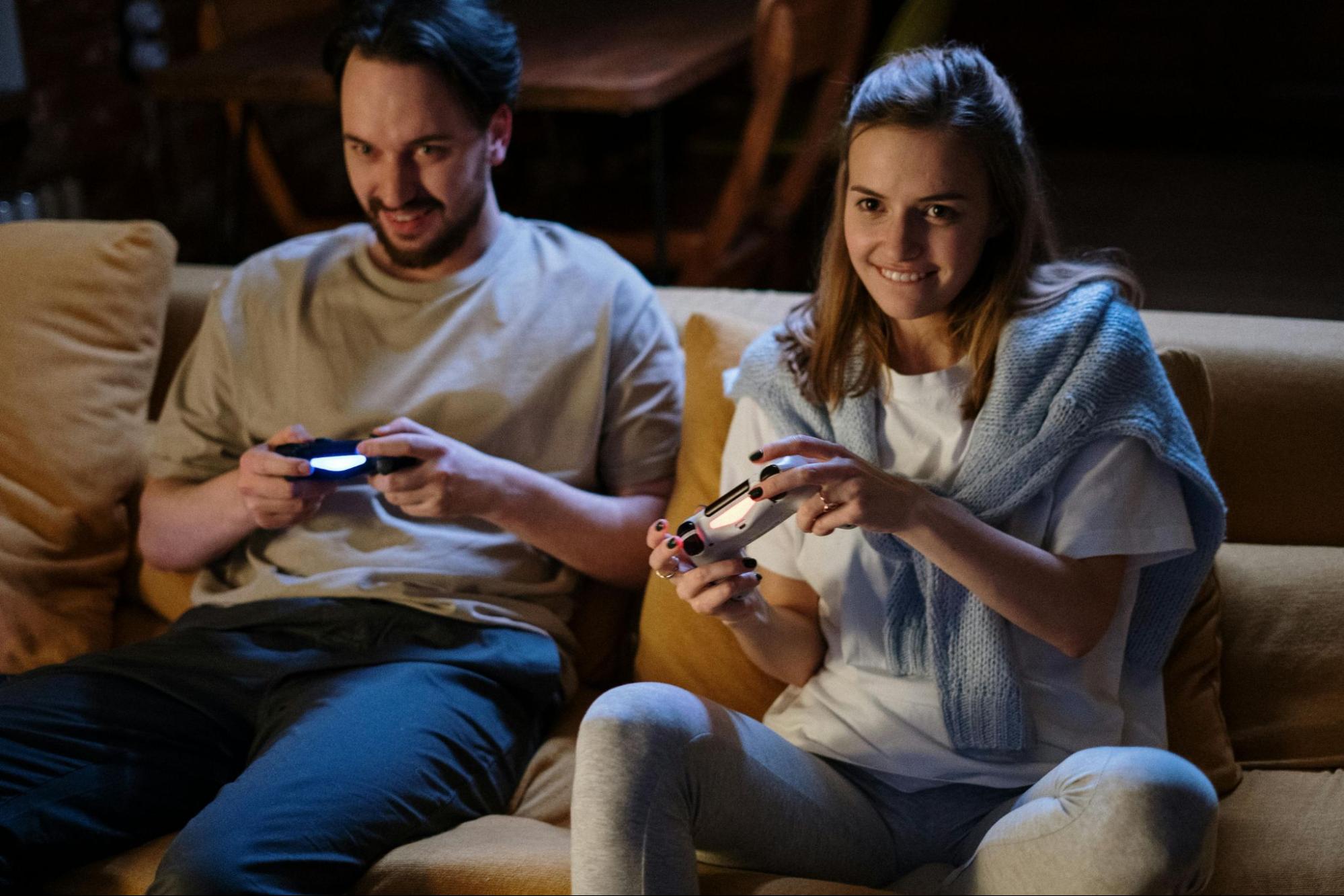Learning History Through Classic Video Games
12/12/2024

Is learning about history as thrilling as running through a video game? Unbelievably, great video games have changed the way people interact with history. These games provide an innovative and dynamic way for both students and aficionados to learn, therefore making historical events, cultures, and personalities far more easily available.
Although textbooks include necessary information, they can occasionally seem dry or overpowering. Conversely, video games help gamers really experience the past, therefore bringing history to life. If you have ever wished to grasp historical ideas, video games could be the ideal study partner.
This post will show how old video games could improve your critical thinking, help you understand history as a topic, and even motivate your academic endeavors.

[https://www.pexels.com/uk-ua/photo/4009592/]
Making History an Interactive Experience
Connecting to the people and events behind the dates and facts is one of the toughest obstacles of learning history. Classic video games put you exactly in the heart of the action, hence addressing this. Games such as "Age of Empires" or "Civilization" let you assume command of armies, leaders, and civilizations, therefore providing a personal viewpoint on historical decision-making.
Consider "Age of Empires II" This game is a tool for learning about trade routes or why particular civilizations thrived, not only about commanding knights or peasants. Participating actively in these situations helps players to better understand the complexity of historical events.
Deeper learning and academic performance have a strong basis from this mix of involvement and discovery. Combining this interactive method with well-organized academic service SameDayPapers will be quite successful for students studying history. Learners can close the entertainment-education divide by matching game-inspired interest with deliberate study.
Storytelling That Engages and Educates
Learning history sometimes seems like reading a never-ending chronicle of events and dates. But great video games turn these basic facts into interesting stories. Works like "Assassin's Creed" or "Europa Universalis" construct immersive narratives combining intriguing gameplay with historical authenticity.
For example, in "Assassin's Creed II" you are entering Renaissance Italy rather than merely engaging in a game. You visit places like Florence and Venice, rebuilt with great detail, and meet historical people like Leonardo da Vinci. The rich narrative enables players to emotionally relate to history, therefore facilitating memory of important events and personalities.
Students could find this to be revolutionary. You get to experience history as a dynamic, linked story rather than battling to memorize facts. This method helps you to grasp the material more deeply and provides the background required to pass those tests or essays.
Inspiring Research and Academic Growth
One unexpected advantage of old video games is their encouragement of additional research. Games like "Civilization" and "Total War" frequently pique interest about historical figures, technologies, or events. You come into a lot of historical detail that begs questions while developing your empire or planning for war.
Ever found yourself wondering why Cleopatra was such a strong leader or how the Roman Empire oversaw its large areas? Engaging in these activities could motivate you to delve further and transform casual interest into thorough scholarly investigation.
For those studying history academically, these piques of interest are priceless. Many times, they result in more interesting initiatives, improved research topics, and more respect for the topic.
Visual Learning: History in Stunning Detail
Excellent in bringing abstract historical ideas more concrete are classic video games. Games like "Stronghold" or “Rome: Total War” let you view rather than just picture how a medieval stronghold looked or how Roman soldiers marched into battle.
These games teach players about architecture, geography, and even cultural variances by means of visual storytelling. The well created surroundings help one to better understand the background of historical events.
Playing "Rome: Total War" for instance, lets you see the spread of the Roman Empire with realistic terrain and historically accurate combat plans. More effectively than reading alone, this type of visual learning aids in memory of material.
Building Critical Thinking Skills
History is about understanding cause and effect, examining sources, and assessing many points of view not only about recalling dates. By forcing players to make decisions based on limited resources and difficult difficulties, classic strategy games like "Civilization" and "Age of Mythology" help them develop these vital thinking abilities.
In a game, for example, organizing alliances or developing long-term plans reflects the analytical abilities required for learning history as a discipline. These games help players to consider the wider picture—why wars were fought, how economies influenced civilizations, and what motivated leaders to make particular decisions?
Students who want to flourish in history lessons must first develop these abilities. Whether you're writing a thesis or arguing historical interpretations, the strategic approach acquired in gaming will provide you a special advantage.
Why Video Games Matter for Studying History
More than just fun, classic video games are potent teaching instruments. By making history real, interactive, and entertaining, they enable students to interact with the material on a deeper level. These games add a new viewpoint on historical studies by combining visuals, tactics, and storytelling with conventional learning approaches.
Conclusion
Consider examining vintage video games if you have ever felt that studying about history is too challenging or complicated. These games improve visual knowledge of difficult subjects, inspire inquiry, and promote critical thinking in addition to making learning history fun.
Combining the immersive nature of video games with disciplined study habits will help students approaching history to achieve remarkable achievements. These resources will keep you interested and ready whether you are preparing for an exam or an essay.
So why not start your trip into the past carrying a controller? One great fight or calculated action at a time, classic video games bring history alive. Who knew that learning could be this interesting?